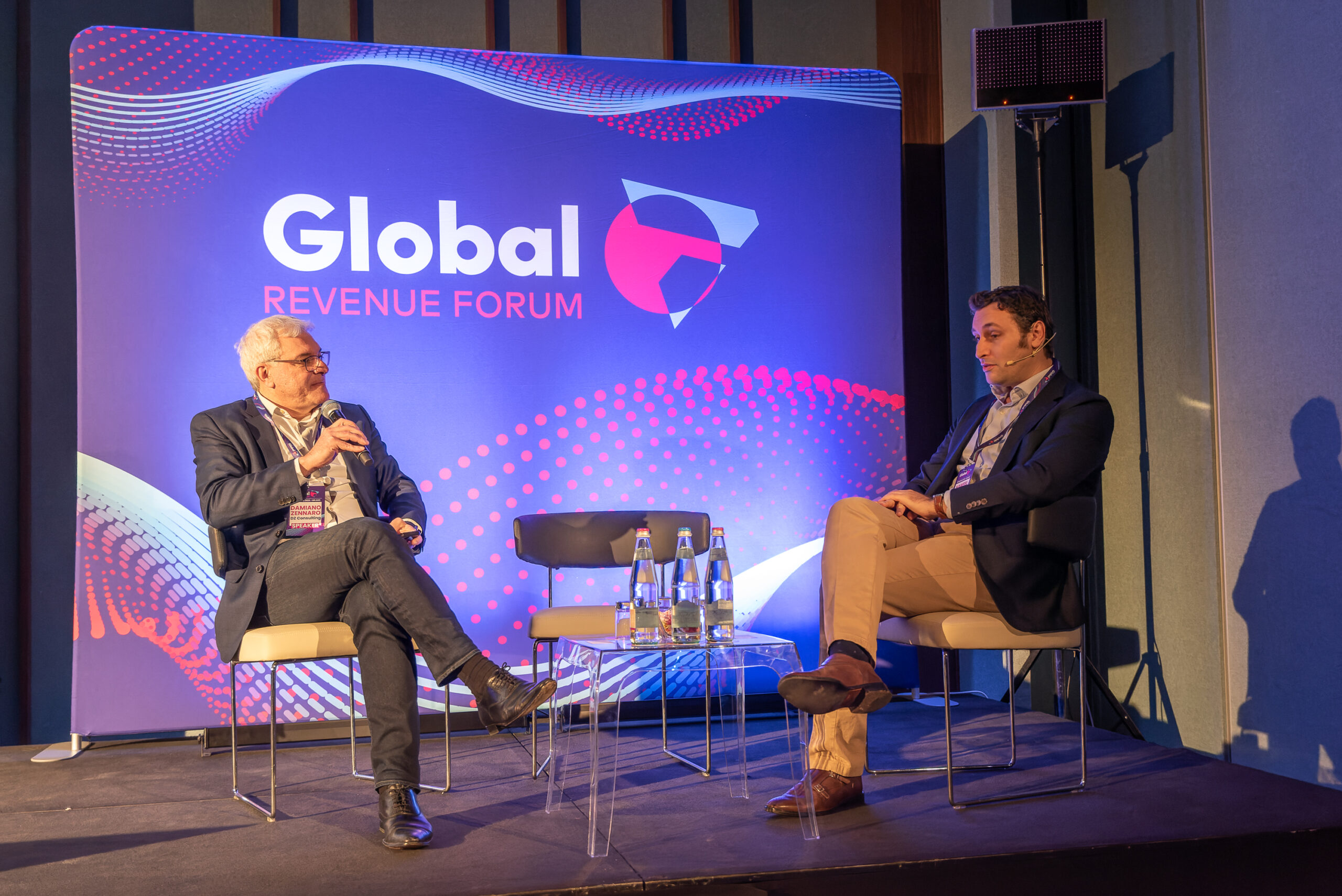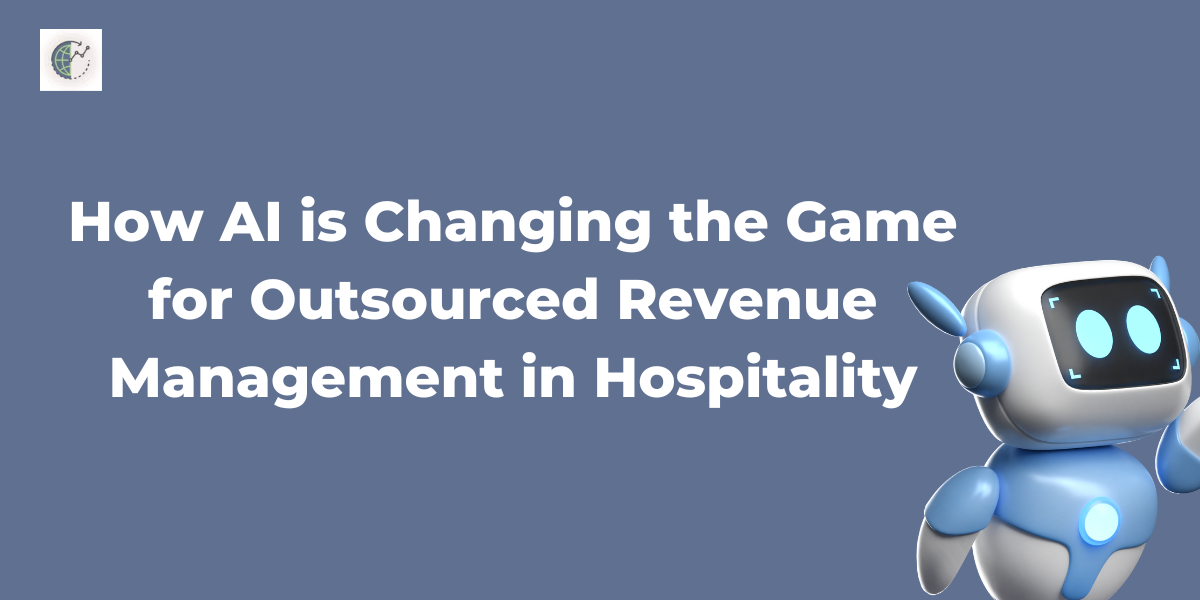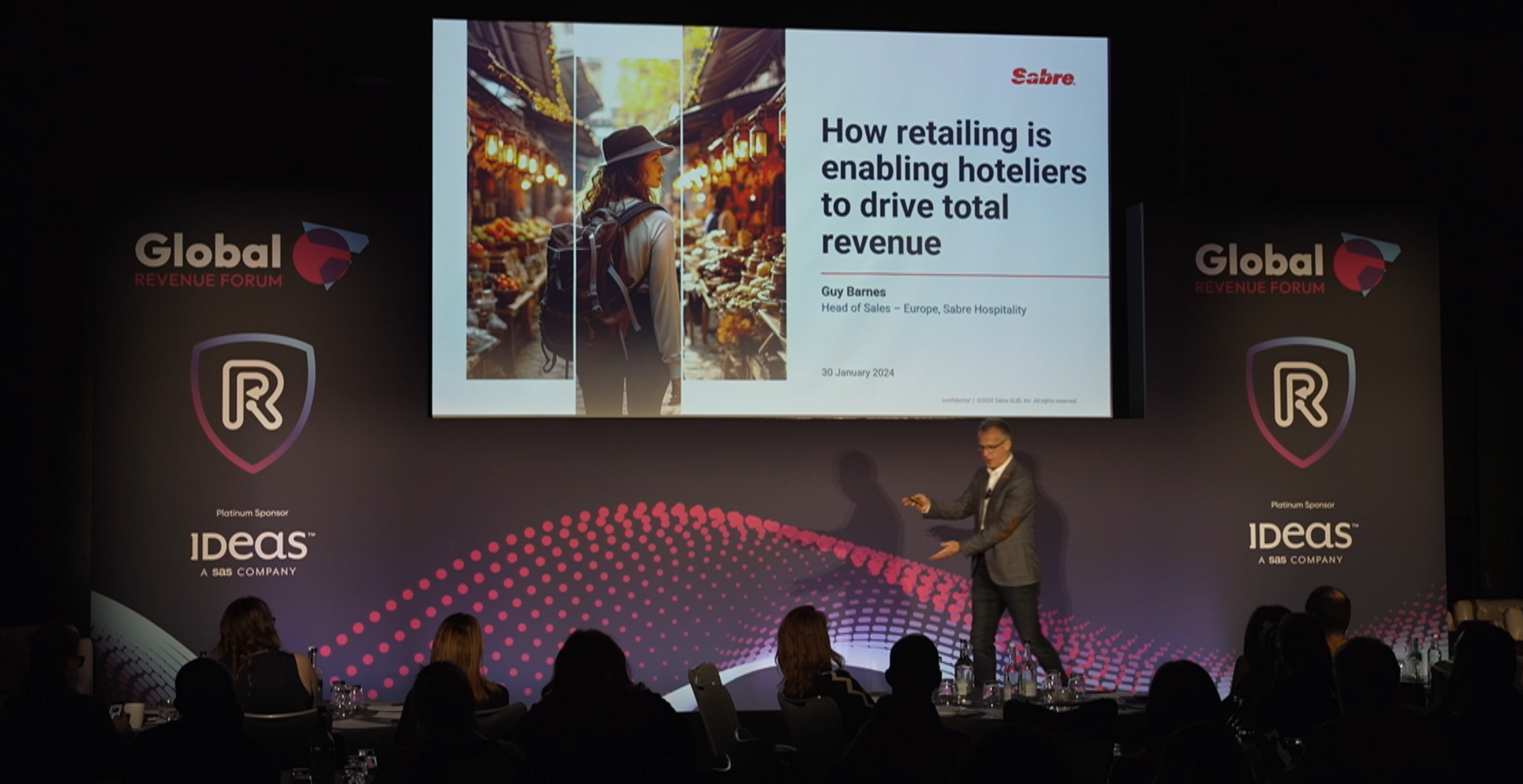
Effective market segmentation – or differentiation of customer groups depending on how and when they buy, and what they are looking for from their stay – lies at the very heart of a successful revenue strategy. A focus on developing customer insight and understanding behavioural patterns will allow you design a strategy aimed to offering the right customer the right price at the right time, optimising revenue and profit.
While marketing customer segmentation focuses on demographic characteristics of the guest such as age, gender, and income, this data is typically not available to the revenue manager. The most basic form of segmentation looks at reason for travel, either business or leisure. By using data from previous and future bookings, we can evaluate the likelihood of guests with a similar profile making a booking at the hotel and setting the price accordingly. But before we do this, there is a commitment to understand our guest and what is driving bookings made. We need to ask some key questions.
What is their reason for travel?
Firstly, what is their reason for booking? This will determine how suitable your hotel for the guest. Is this a corporate booking where they need to be close to the city centre? Could there be a chance of a potential spend on meeting and event space? Or perhaps the booking is a more price sensitive leisure booking, looking for a relaxing stay with a potential spend on wellness or F&B outlets?
What are their needs?
Understanding what each customer segment is looking for from their stay should play an important factor in setting your pricing strategy. What elements of their stay are important to them? How sensitive are they to price? How much flexibility is needed when it comes to their booking?
Knowing the attributes or benefits sought by the customer is useful in two ways. First, you understand what to offer and what to provide and promote to attract the customer. But also, a profile of these customers can help you identify potential customers, with similar needs.
When do they buy and stay?
Which is the most popular day of the week for this segment? Which month do they stay? Do they only come in high season? And what is the lead time of the booking? How often do they book? Are they regular? Do they produce high volumes of bookings throughout the year, or only during peak times?
How much do they spend?
Crucially, this is more than room rate – this is the overall spend of the guest. It may be that a segment with a lower room rate is worth more to the business overall due to their spend in other departments. This is most evident in casinos, where room rates for certain segments are kept artificially low in anticipation of the casino spend driving a highly profitable overall TrevPAR.
A collective focus on collating customer data and using this to segment guests into groups based on how, when, and why they book and travel not only is the basis for a winning revenue management strategy, it can guide and underpin commercially robust sales, marketing and distribution decisions.
And with changing customer behaviours driven by the pandemic, such as the rising importance of the domestic guest, there has never been a better time to dig deeper to understand more about your guests and start to formulate an effective approach to market segmentation!
Eager to see how market segmentation can drive your profitability but unsure where to start? Module 3 ‘Understanding your Customer‘, part of Revenue Academy, our newly launched online learning platform, will support you and take you through the steps required to effectively segment your customer markets and set pricing strategies accordingly.
Until Monday 26th April, we are offering the opportunity to download ‘Understanding your Customer – an essential checklist‘ a key resource to guide you as to the questions you need to ask to support your market segmentation exercise.






